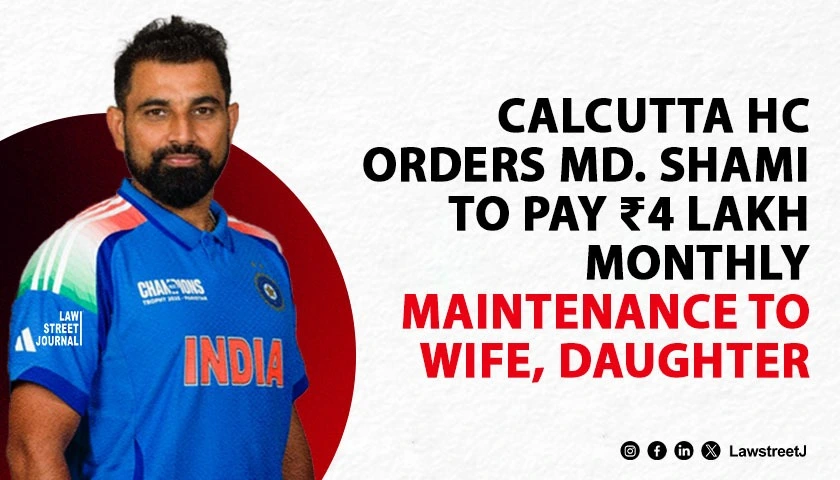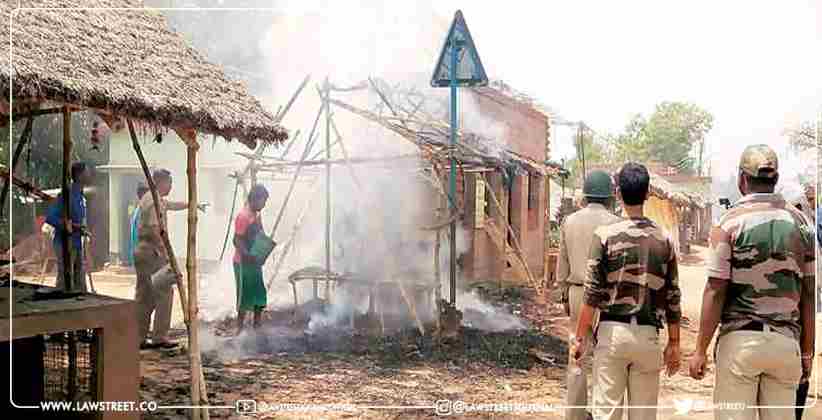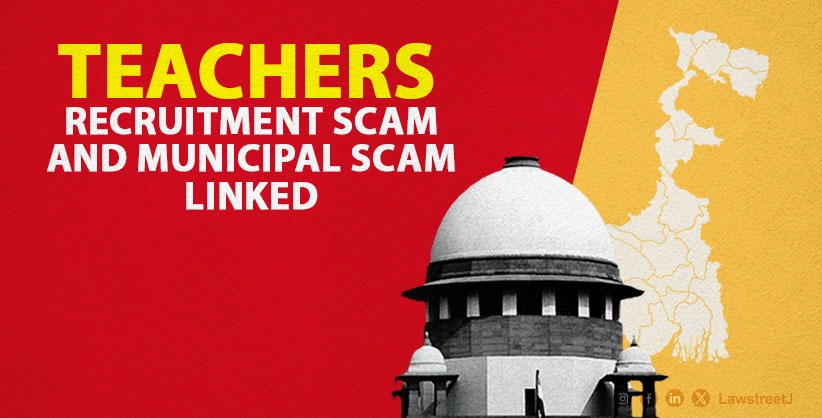Kolkata: The Calcutta High Court has delivered a significant judgment, enhancing interim maintenance for the estranged wife and minor daughter of cricketer Md. Shami. The ruling underscores the importance of adequate financial support based on the husband’s earning capacity.
Justice Dr. Ajoy Kumar Mukherjee made critical observations regarding the determination of interim monetary relief under the Protection of Women from Domestic Violence Act, 2005.
The case involved a criminal revision petition filed by Shami’s estranged wife. The court noted:
“This application has arisen against the judgment and order dated 18th January 2023 passed by the learned ADJ, FTC Court, Alipore, in Criminal Appeal No. 203 of 2018, whereby the lower court disposed of the petitioner’s plea for interim monetary relief.”
Addressing concerns over the inadequacy of the earlier maintenance award, the court observed:
“The court below, while passing the impugned judgment, though took note of the fact that the income tax return filed by the opposite party no.2 for the year 2020–2021 showed a total income of ₹7,19,54,010/-, mechanically granted interim relief of only ₹50,000 per month to the petitioner and ₹80,000 for her minor child.”
The court emphasized the need to align interim relief with financial capacity, stating:
“The quantum of interim monetary relief fixed by the lower court requires revision. The husband’s income, financial disclosures, and earnings clearly establish that he is capable of paying a higher amount.”
In a firm directive, the court ordered:
“In my considered opinion, a sum of ₹1,50,000 per month to petitioner no.1 (wife) and ₹2,50,000 to her daughter would be just, fair, and reasonable to ensure financial stability for both petitioners until the main application is disposed of.”
The court reiterated the legislative intent behind the PWDV Act, noting that it is a measure of social justice aimed at protecting dependent wives and children from destitution and vagrancy.
The petitioner’s counsel argued that the prior maintenance amount was insufficient considering the husband’s substantial income. In contrast, the respondent’s counsel claimed the petitioner sought wealth equalization rather than legitimate maintenance.
The court rejected the argument of wealth equalization and affirmed that very low maintenance, disproportionate to the standard of living, is unacceptable.
Lastly, the court directed the trial court to dispose of the main application at the earliest, in accordance with the statutory mandate to decide such applications within sixty days from the date of the first hearing.
Case Title: Hasin Jahan vs. The State of West Bengal & Anr.
Counsel Appearances:
For the Petitioner – Mr. Imtiaz Ahmed, Ms. Ghazala Firdaus, Mr. Sk. Saidullah, Mr. Mithun Mondal, and Mr. Md. Arsalan.
For the Opposite Party – Mr. Sandipan Ganguly, Mr. Sompriya Chowdhury, Mr. B. Kumar, and Mr. I. Basu.





![Calcutta High Court conducts late-evening hearing, orders release of lawyer arrested inside court [Read Order]](/secure/uploads/2023/12/lj_4146_Court_lawyers_arrest.jpg)
![Indian Courts this Week: Law Street Journal's Weekly Round-Up of SC & HCs [Jan 1 - Jan 6]](/secure/uploads/2024/01/lj_9050_WhatsApp_Image_2024-01-06_at_12.07.10_PM.jpeg)




